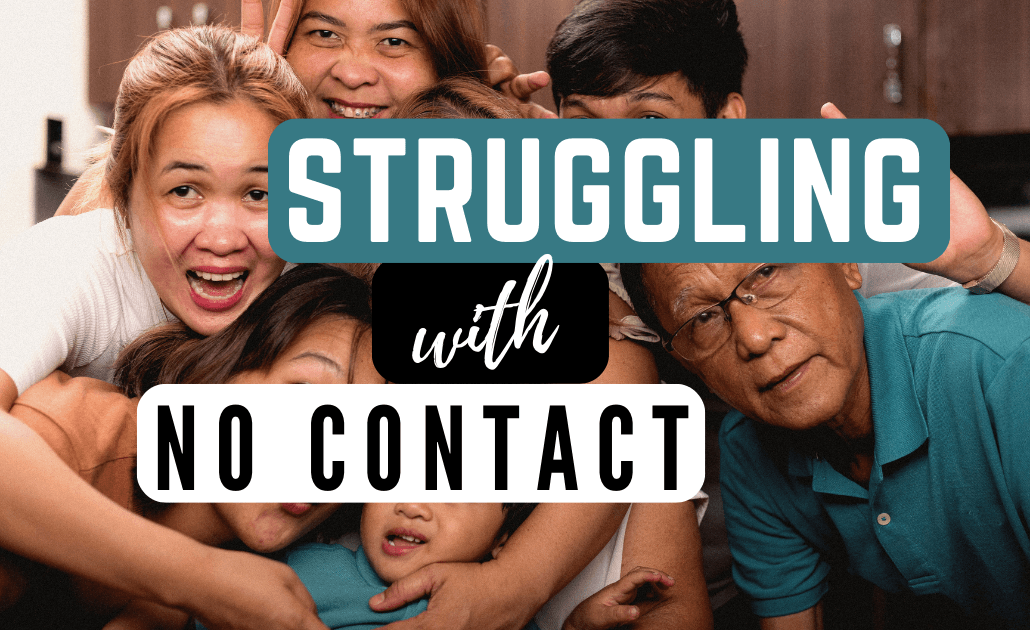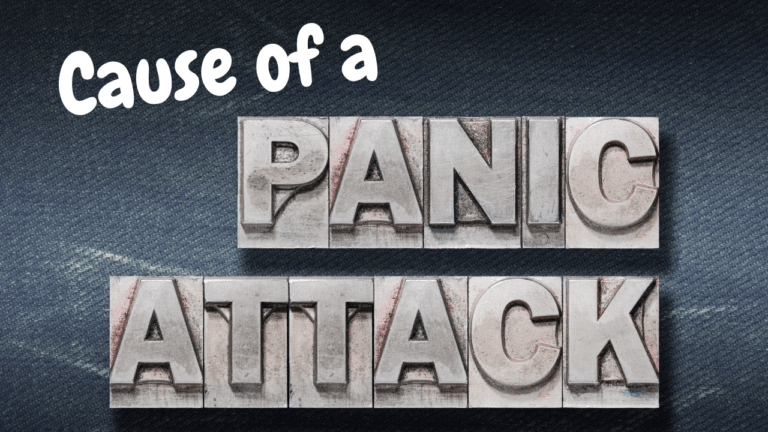4 Key Challenges You Face When Trying to Cut Off Narcissistic Family Member(s)
Within the intricate realm of family dynamics, you may find yourself entangled in a toxic environment due to narcissistic family members.
Despite the harmful effects, you may struggle to sever ties completely.
In this article, we will delve into the complexities that contribute to your struggle, including addiction to drama, the need for validation, fear of loneliness, cognitive dissonance, and the difficulty of recognizing and justifying the severity of the situation.
By shedding light on these factors, we aim to provide insights into why breaking free can be an arduous journey for you.
It's a Struggle: It Is Not Easy and We Recognize That
We recognize the difficulties of going no contact, it is not easy…and in this article, we are looking out for you. This article may be a bit raw so to speak, but we have you in mind and care about you.
The choice is obviously up to you and it will depend on your particular circumstances…
You're Addicted the Family Drama
You might have noticed that your narcissistic family members thrive on drama, manipulation, and emotional turmoil.
The heightened emotions and adrenaline rush derived from these situations can become addictive.
You may find yourself trapped in a cycle where the drama has become your new normal, making it challenging to imagine life without it.
The Need for Validation - Trapped in Your Role
Within narcissistic family dynamics, you might have played a specific role to maintain the delicate balance (scapegoat, golden child, lost child, etc.).
Or, whether it’s being the mediator, the rescuer, the caretaker, the joke-teller, the behind-the-scenes manipulator, or the flying monkey, fulfilling these roles might have given you a sense of purpose and validation.
The fear of losing this identity and feeling insignificant outside of it can be paralyzing, leading to a reluctance to sever ties.
Fear of Loneliness
The prospect of loneliness and isolation can be daunting for you.
Your narcissistic family has created an environment that fosters codependency, making you feel indispensable and interdependent.
Breaking free from this cycle means facing the possibility of being alone without a support system.
This fear can override your desire for change, anchoring you to your toxic family ties.
Cognitive Dissonance: Justifying Their Behavior Still
Cognitive dissonance plays a significant role in keeping you entangled in narcissistic family dynamics.
Despite experiencing emotional abuse and toxic behavior, you might justify or downplay the severity of the situation.
The familiarity of the dysfunction can lead to a distorted perception, making it challenging for you to recognize the need for change and distance.
Escaping the clutches of a narcissistic family is a complex and emotional journey.
The allure of drama, the need for validation, the fear of loneliness, and the cognitive dissonance that justifies toxic behavior are among the key reasons individuals struggle to go no contact.
Recognizing and understanding these underlying factors is crucial for those seeking liberation and healing.
While the decision to go no contact may initially evoke feelings of uncertainty and loneliness, it opens doors to personal growth, healthier relationships, and emotional well-being. Prioritizing self-care, seeking support from trusted individuals or professionals, and embracing the path of healing are vital steps toward breaking free from the toxic cycle.
By acknowledging the struggle and committing to personal change, individuals can forge a new path toward a happier and healthier life beyond the confines of a narcissistic family.






